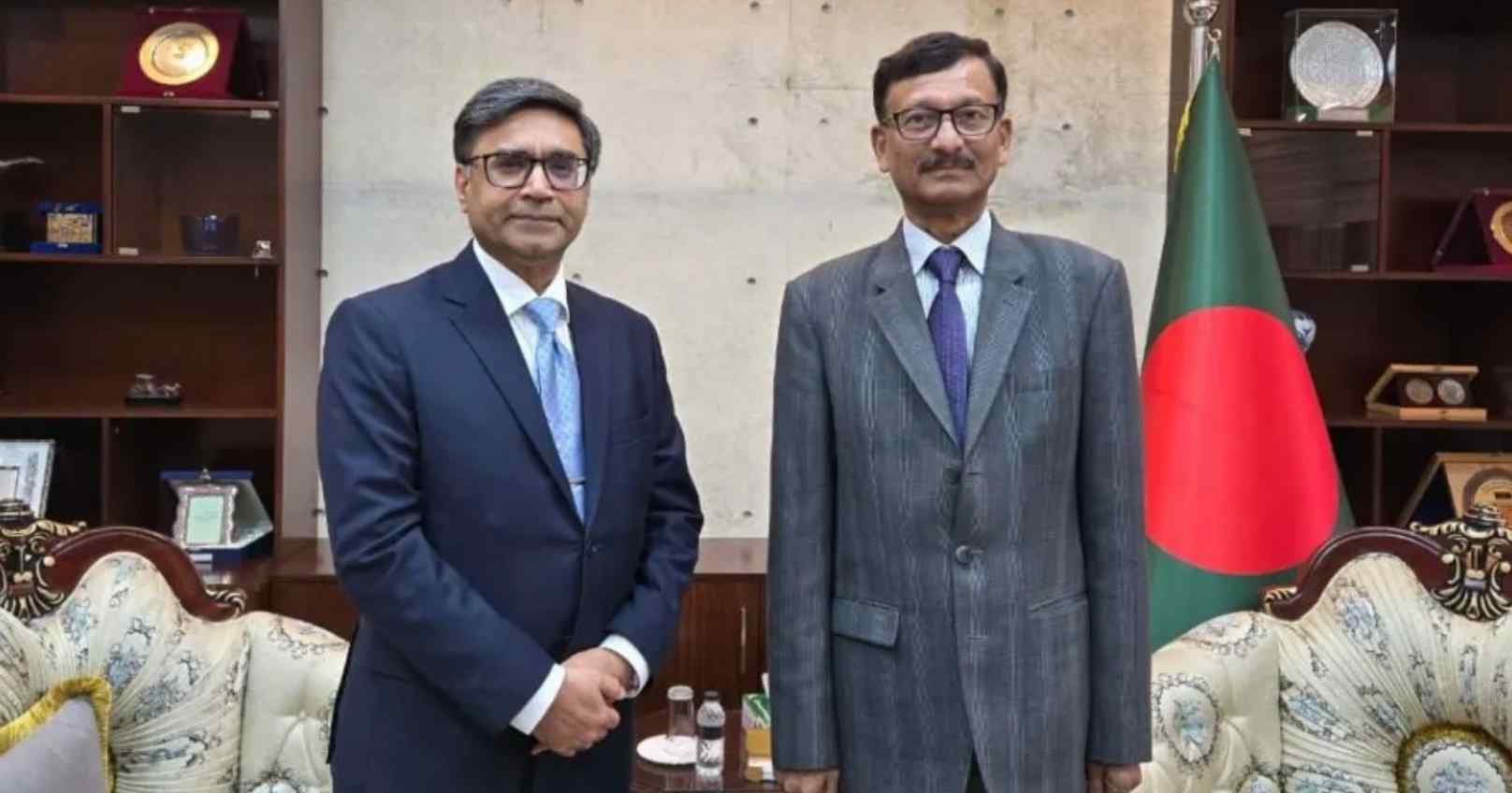Indian Foreign Secretary Vikram Misri held discussions in Dhaka today with Bangladesh’s Foreign Adviser, Mohammad Touhid Hossain, during which he expressed New Delhi's concerns over the rising attacks on minority communities in Bangladesh. Misri described the incidents targeting religious institutions and places of worship as “regrettable” and emphasized India’s commitment to fostering a “positive, constructive, and mutually beneficial” relationship with Bangladesh's interim government.
Speaking to the media after the meeting, Misri stated that India was keen to work closely with Bangladesh’s interim administration. "We have expressed our concerns regarding the safety and well-being of minorities, and we also raised issues concerning the recent attacks on cultural and religious sites," he said. Misri described the talks as "frank, candid, and constructive," and added that they offered both sides an opportunity to assess the state of their bilateral ties.
The visit, which marked the first high-level diplomatic engagement between the two countries since the political upheaval in Bangladesh in August, saw Misri’s meeting with his Bangladeshi counterpart, Foreign Secretary Jashim Uddin, at the state guesthouse Padma. After their one-on-one discussions, the two delegations held a formal session, where a range of issues were discussed.
India and Bangladesh's relations have faced challenges in recent months, particularly after the ouster of Prime Minister Sheikh Hasina following large-scale anti-government protests in August. Nobel laureate Mohammad Yunus assumed the role of Bangladesh’s Chief Adviser shortly after Hasina fled to India. Since then, tensions have risen, exacerbated by a surge in violence targeting the Hindu minority in Bangladesh. Reports have highlighted a rise in mob attacks, the destruction of property, and desecration of places of worship, prompting concerns in India about the safety of religious minorities.
The interim government in Dhaka has insisted that these violent acts stem from frustration over the political turmoil following Hasina's ousting, with claims that the affected Hindus were associated with her Awami League party. Dhaka has maintained that the violence was not driven by religious animosity but by political motivations linked to the ongoing unrest.
The discussions between Misri and the Bangladeshi officials reflect both nations' desire to maintain strong ties despite the current challenges. However, the situation remains delicate, especially with the ongoing concerns about the treatment of minority communities in Bangladesh.







